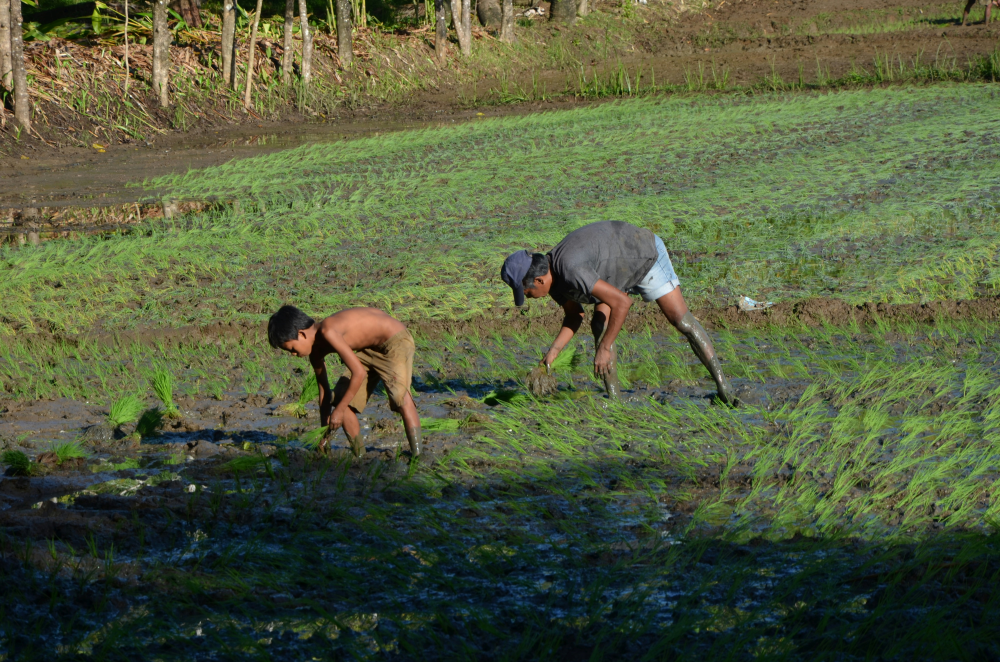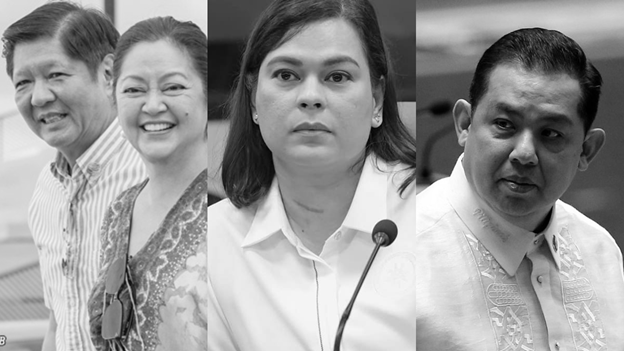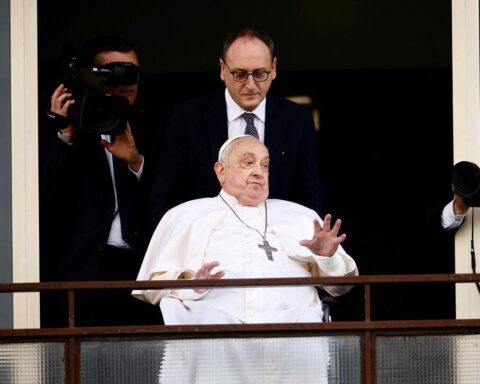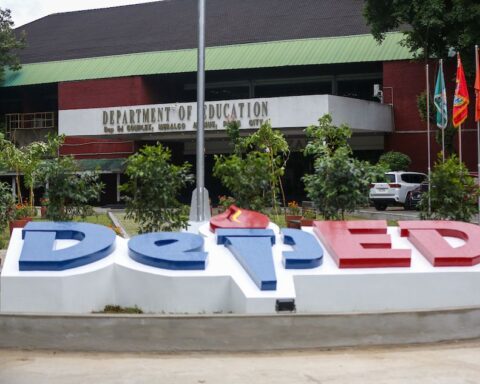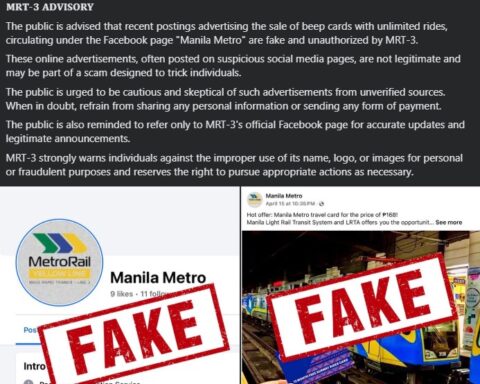AGAP Partylist Representative Nicanor “Nikki” Briones explained that despite Executive Order 62 issued by President Ferdinand “Bongbong” Marcos Jr., which reduced the tariff on imported rice from 35% to 15%, rice prices in the market remain high. The order aimed to lower rice prices for consumers, but the expected benefits have not materialized.
According to Briones, some individuals are exploiting this situation for profit. With the tariff reduction, rice should cost between P41 and P45 per kilo, but this has not been the case. Even the Department of Agriculture (DA) acknowledged that only importers and traders benefited, while the government lost over P12 billion in revenue that could have supported local farmers.
In response, Briones suggested reviewing the policy and restoring the tariff on imported rice to 35%. He noted that this move would coincide with the upcoming harvest season and could help stabilize prices in both local and global markets, preventing further exploitation by importers.
The Quinta Committee 1 is currently conducting an investigation to identify the top ten importers, the ports where the imported rice arrived, and the locations of their warehouses. This investigation aligns with the Anti-Agricultural Economic Sabotage Act, which targets economic crimes such as cartel operations, profiteering, hoarding, and smuggling.
Briones also mentioned a recent seizure by the Bureau of Customs (BOC) of 21 containers, or 508 tons, of smuggled frozen mackerel from China at the Manila International Container Port (MICP), valued at P178.5 million.
The Bureau of Fisheries and Aquatic Resources (BFAR) confirmed that the importer, Pacific Sealand Foods Corporation, had no application for mackerel imports from August 30 to September 16, 2024, and lacked the required Sanitary and Phytosanitary Import Clearance (SPIC), classifying the goods as smuggled.
Briones emphasized that these actions fall under the Economic Sabotage Act. Violators face non-bailable charges and life imprisonment. He stated that investigations, in cooperation with law enforcement agencies, aim to identify the importer and broker responsible for the seized goods to ensure accountability and impose fines up to five times the value of the violations.

